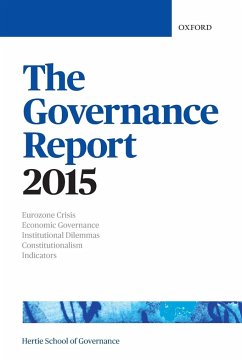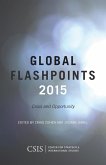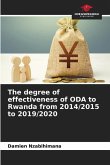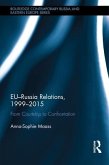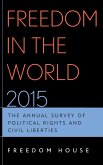The promise of an ever-closer union that has guided Europe from the Treaty of Rome to the present time rests on the evolution of democratic governance to meet the many challenges that European communities face. Now after years of managing the financial and fiscal crises, the European Union has to take stock and focus on the issues that will fundamentally shape its long-term prospects. The Governance Report 2015 takes an interdisciplinary approach, examining what is needed to achieve stability in the Eurozone and the full integration of the European single market, how decision-making has changed, and how crisis management has affected the Union's democratic legitimacy. A set of governance indicators will trace how European states have become more alike or more different over time. Ultimately, the Report seeks answers to the question of what can make Europe succeed, fail, or muddle through from a governance perspective.
Hinweis: Dieser Artikel kann nur an eine deutsche Lieferadresse ausgeliefert werden.
Hinweis: Dieser Artikel kann nur an eine deutsche Lieferadresse ausgeliefert werden.

